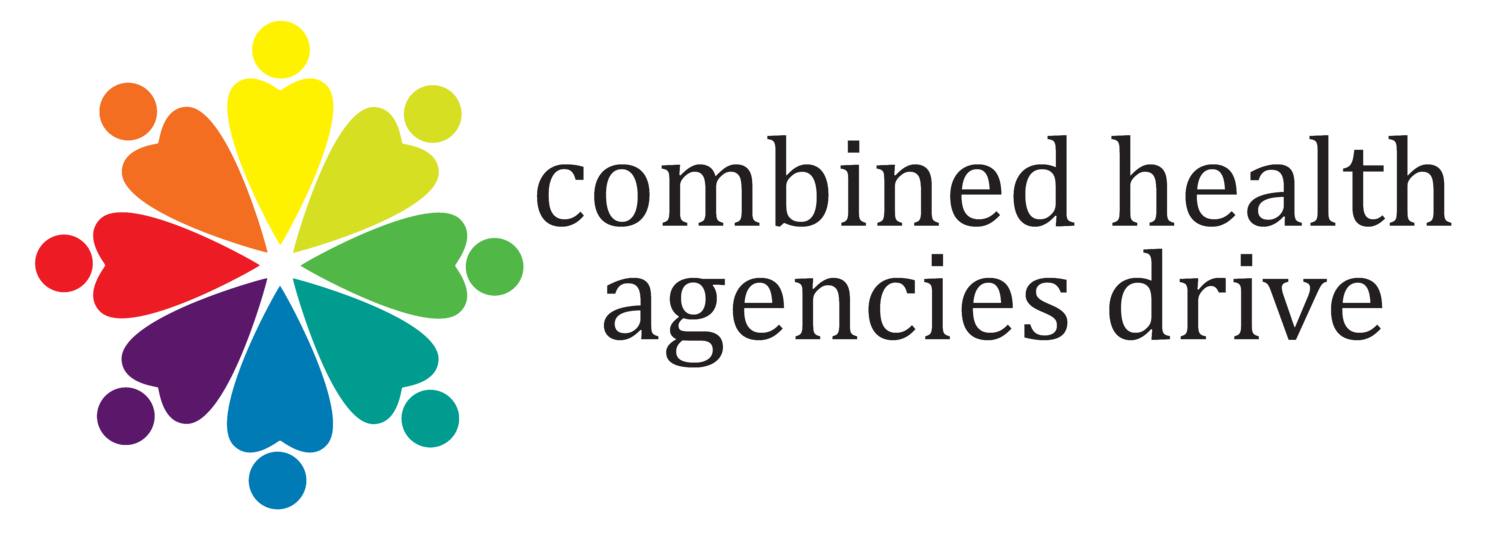Ashlee Ernst, a Lincoln native and Type 1 diabetic for 15 of her 25 years, wasn’t worried about how Covid-19 would affect her T1D. She was more concerned about how severe her symptoms would be.
Living in Denver, working as a nurse in the pediatric clinic at the Barbara Davis Center for Diabetes and being immune compromised, Ashlee had several factors that put her at risk for virus severity. Nevertheless, she said she saw Covid-19 as a “luck of the draw.”
In March, when she developed mild headaches, then sinus pressure, then congestion, she thought she just had a mild cold.
“Then a friend called me. We had been in close contact at a wedding on March 14, before the restrictions. They had tested positive for Covid-19 and their family had tested positive.”
Without the typical symptoms, Ashlee was now in self-quarantine. She called her provider who ordered a test.
“I had no fever or cough,” she said. “But I would get exhausted and out of breath after walking up the stairs. I was tested on Monday, got the results on Tuesday, and my symptoms were gone Wednesday.”
Even without symptoms, she could pass on the disease to co-workers, patients, her roommates and family, so Ashlee self-quarantined. She was released from isolation seven days after her first symptoms, or three days after her last symptoms. But she was still concerned, so she quarantined another week just to be sure.
Ashlee said she dealt with the quarantine pretty well. Her friends and family brought groceries and she was able to get her insulin prescription by mail. While Denver offers some services that may not be available in rural areas of Nebraska, Ashlee offered universal advice: constant contact with your healthcare provider.
“Use MyChart (an online portal many doctors use to communicate with their patients) and phone and talk to your medical team,” Ashlee said. Most importantly, she added, “the best thing you can do to care for other people is to stay away from them.”
Solid advice no matter who you are and where you live.

